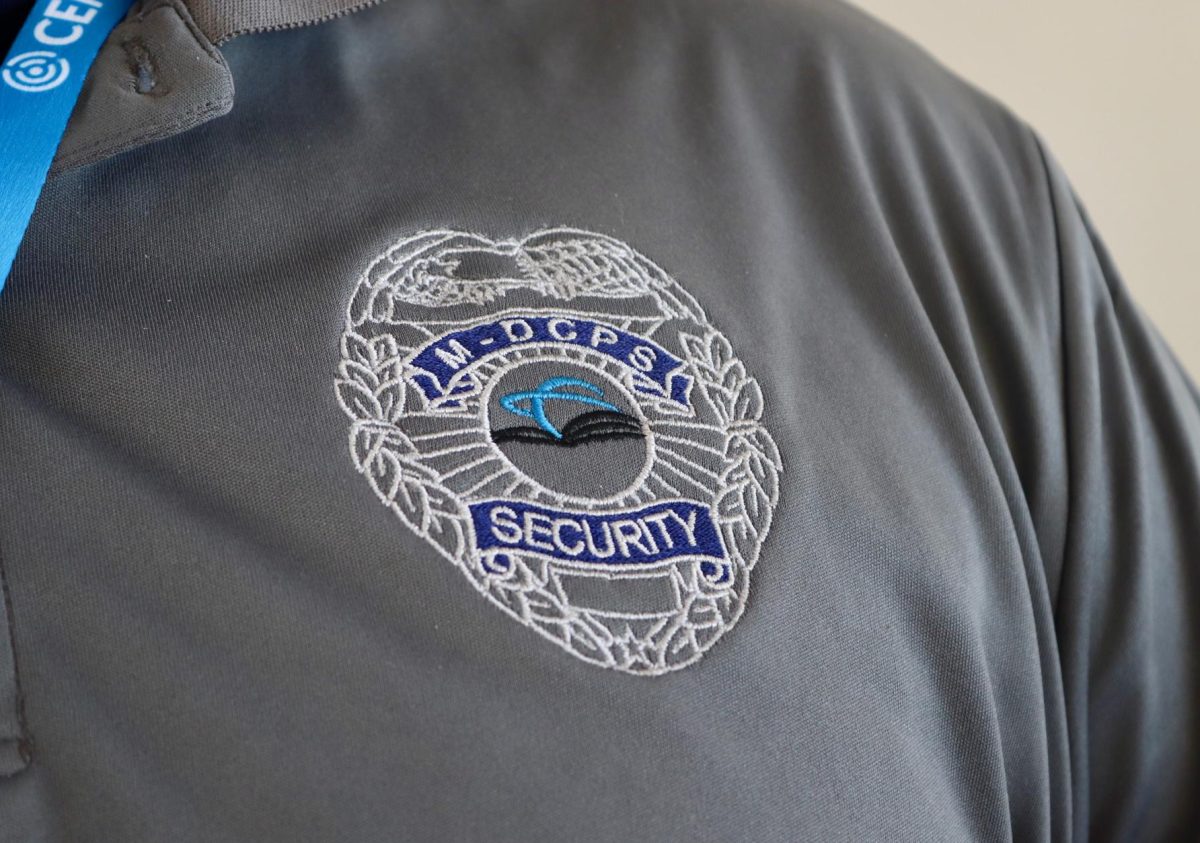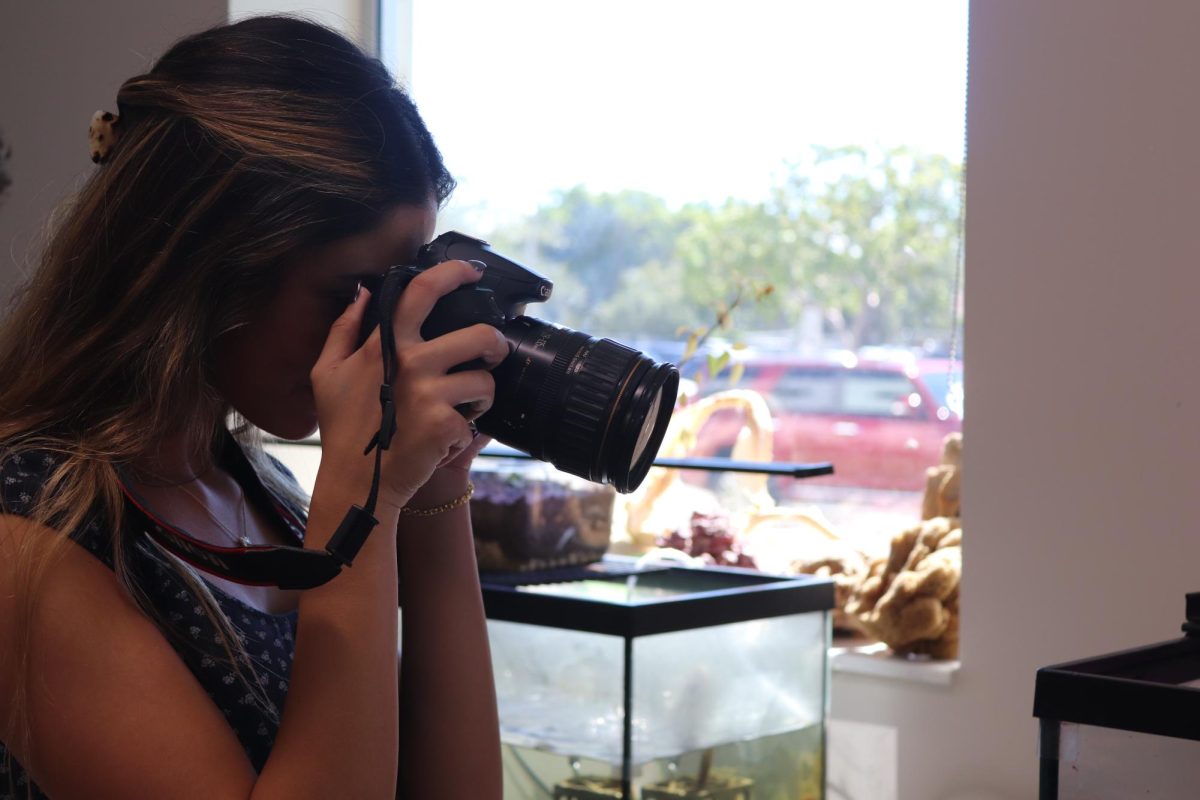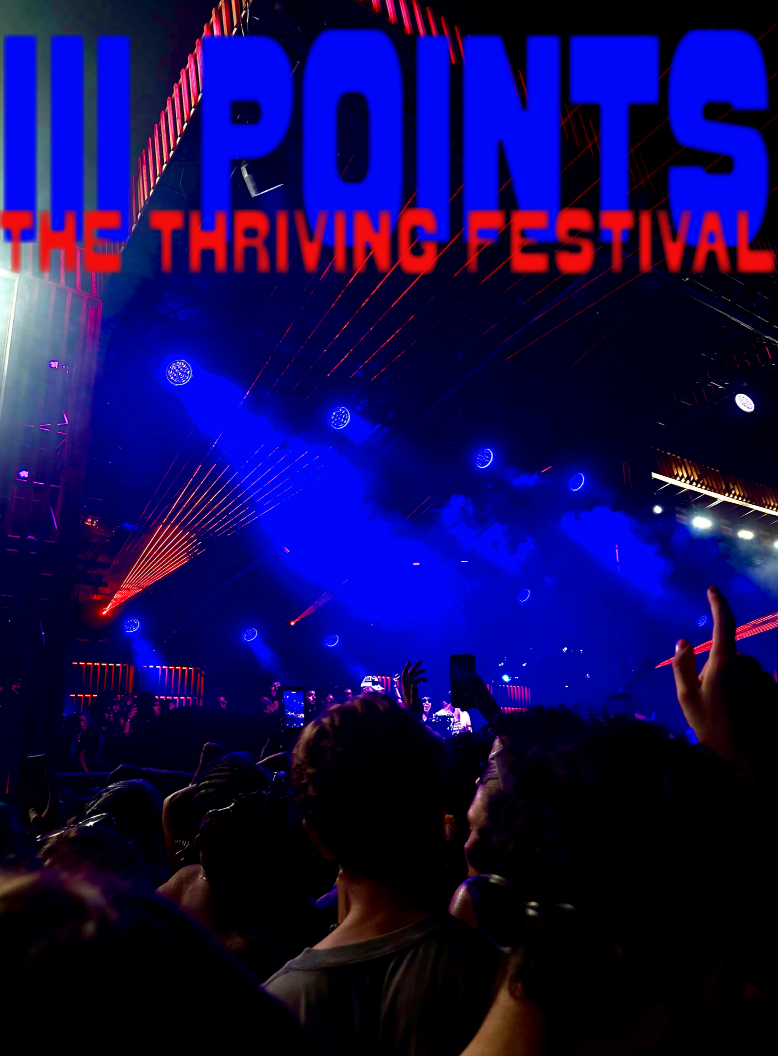Miami-Dade County’s Biscayne Bay is filled to the brim with places of entertainment. From the surrounding coast to the abundance of beaches, the area is known for its prime seaside setting and, more specifically, Miami’s Virginia Key, which is home to the Miami Seaquarium. The Miami Seaquarium is not only a staple in Miami culture, but it is also home to thousands of marine animals. However, bankruptcy and controversy in recent years regarding Miami Seaquarium’s owners, The Dolphin Company, have led to an uncertain future for the seaquarium and its animals and on Oct. 12, Miami Seaquarium officially closed its doors.
“The Miami Seaquarium was a big part of my childhood as a Miami kid, but I think it’s good that they closed sooner rather than later because of all the animal cruelty that was going on behind the scenes,” Miami Palmetto Senior High junior Max Agular said.
In 2022, The Dolphin Company acquired the Seaquarium. Starting that same year, the United States Department of Agriculture (USDA) consistently deemed the company problematic and cruel due to the insufficient animal care for those housed within the six estimated exhibits. Numerous violations of the Animal Welfare Act were reported, revealing a lack of maintenance, unsanitary water, poor veterinary care and other issues within the past five years.
Moreover, it was reported in 2023 that the Miami Seaquarium had only one veterinarian for around 50 marine animals, as well as hundreds of smaller animals, including fish and birds.. In addition, the company was found to neglect medical recommendations for the mammals, often procrastinating and denying urgent medical treatments. In previously stated searches of the medical vicinity, a lack of basic equipment like endoscopes and ultrasound machines was also reported, along with a massive neglect of required exams.
For over five years, essential annual medical exams for manatees were not conducted due to the lack of equipment. Due to these uninhabitable conditions revealed by the USDA, legal authorities began to implement the Animal Welfare Act laws on The Dolphin Company. This has raised awareness among the public and bigger organizations such as the People for the Ethical Treatment of Animals (PETA), which advocated for Miami Seaquarium’s closure.
“Over the past 15 years, especially after many documentaries came out, more people were aware of the treatment of these marine mammals in captivity and the effects of it. Not to say these documentaries are 100% accurate, but they did call attention to having these really intelligent animals, who in some cases can be even more intelligent than we humans in certain situations … where they don’t have nearly the same range that they do in their natural habitat. It was really sad to see, and I feel like people started empathizing with these animals after seeing how it was affecting them psychologically,” Marine biology teacher Nicolas Quintairos said.
The USDA revealed that food deprivation was one of the many unethical practices happening behind the scenes at the seaquarium. The food rations for dolphins were cut by 60% to ensure that the dolphins were performing and interacting with guests. Additionally, conflicting species of dolphins were often housed together, causing injuries between the animals. Guest interactions also took a toll on the animals because the trainers did not implement sufficient safety protocols during guest meet and greets. In 2023, a meet and greet event went south when a guest disregarded directions and kicked a dolphin in the mouth.
“I think it was necessary for the Miami Seaquarium to close. It really wasn’t doing very well as far as a business goes; the city was having to support it. There were not a lot of visitors because people were up in arms about situations of neglect, like Lolita and how the whale was kept in what basically equates to a bathtub for its entire life, so I can see how people get upset about a very intelligent animal barely being able to even turn in their tank … The treatment of their marine mammals was questionable at best,” Quintairos said.
With the official closure of Miami Seaquarium, many are concerned about where their animals will be relocated. While the future of the animals has not been fully decided, The Dolphin Company has hired a consultant who is currently relocating the animals to new domestic locations. However, many argue that the smaller species should be housed in the reinvented Miami Seaquarium. A local development group, the Terra Group, is planning to acquire the venue and implement an educational aquarium with small maritime animals, a seafront dining and shopping area, boat docks and a public baywalk. This group also plans to preserve the venue’s staple gold dome, originally home to the seaquarium’s whale shows, and turn the area into an event space. These changes aim to reinvent the area while maintaining its relevance and significance in Biscayne Bay. Despite its complicated ending, many believe that this is the right path for Miami Seaquarium to take and look forward to the next chapter of this large bayside location.












